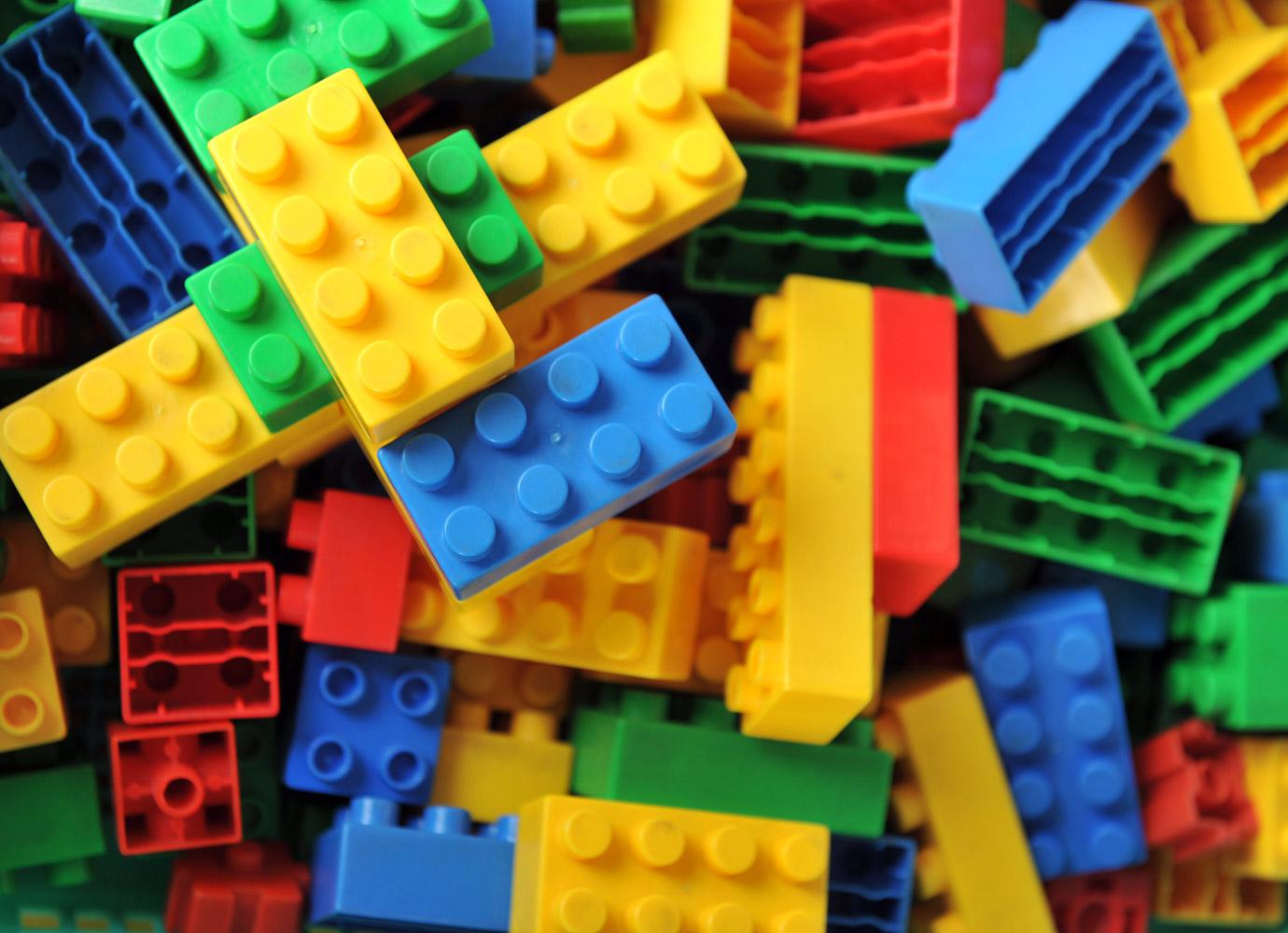
Social Emotional Learning Update
Department of Health and Wellness
Need Translation? | ¿Necesita traducción? | Precisa de tradução?
ENGLISH: Need translation? Just click "Translate" at the top of your screen!
ESPAÑOL: ¿Necesita traducción? Haga clic en "Translate" (traducir) en la parte superior de la pantalla.
PORTUGUÊS: Precisa de tradução? Clique em “Translate” (traduzir) no topo da tela!
Introduction
Framingham Public Schools is dedicated to the social, emotional, and behavioral well being of its students. In collaboration with the Office of Teaching and Learning, the Health and Wellness Department looks forward to, yet again, starting the 2023/ 24 school year with a dedicated focus to Social Emotional Learning (SEL).Framingham Public Schools envisions the integration of comprehensive, culturally responsive, and sustained support in all aspects of the educational experience.
Check out the visual to learn more about what SEL is, Framingham Public School's approach, and what the benefits are.
As a result of our aligned efforts, we believe students will:
Develop a positive sense of their own worth and pride in their identities
Build confidence and be engaged in learning
Respect themselves and others
Be joyful membership of the school community
Ten Days of Social Emotional Learning
10 Days of Social Emotional Learning
Alignment of Code of Character, Conduct, and Support
Our 10 Days of Social Emotional Learning (Elementary) and 20 Points of Connection (Middle School) align with our Code of Character, Conduct, and Support (Spanish) (Portuguese) (note: revisions are taking place to align with current DESE discipline policies). Staff will be focused on the social emotional growth and well being of students and will be able to take the time needed to develop authentic relationships. Students will practice what the 5 district rules from the Code of Character, Conduct, and Support look like and sound like in all areas of the school.
- Rule 1: I respect personal space
- Rule 2: I respect differences
- Rule 3: I am on time and stay in my place
- Rule 4: I listen and follow directions
- Rule 5: I use respectful language
During these days, we will also remind students that everyone makes mistakes, and rules get broken. When a rule is broken, students will learn how to make amends and learn from their mistakes through restorative conversations. Additionally, students will begin our SEL curriculum Second Step and Zones of Regulation, as well as and spend lots of time having classroom meetings, playing games, exploring their identity, and connecting to others.
We fully believe that this intentional focus will allow for students to feel accepted and connected to their school community, and thus more time will be spent on learning academic content in a meaningful way.
Community Building Circles
New to Middle School this year, once a 6 day cycle, students will be participating in Community Building Circles.
Community Building Circles are are meant to support group cohesion and a strong sense of connection among students, over time, by sharing feelings, news, and good moments in their lives, highs and lows, interests, celebrations, and more.
Though new to Middle School, this practice builds on the foundation of Morning Meeting that students engage in K-5 to that serves similar purposes.
What about Academics?
The academic scope and sequence has been adjusted to ensure there is no learning loss during the addition of focused SEL time in schools.
Within the First 10 Days of SEL students are learning the structure and routines of academic subjects that will set them up for success. For example, they learn about the mindsets needed to be a mathematician and how to have academic discourse. We understand that the social emotional learning and academic learning are interconnected and need to be supported simultaneously. Our SEL Learning and Life Competencies (Spanish) (Portuguese) show this connection.
How Can Parents and Caregiver Support This Work?
Mindsets are deeply held assumptions and beliefs that drive behavior and create
powerful incentives to sustain prior habits, choices, and preferred ways of doing things.
The work of all FPS educators are grounded in our Positive Mindsets. We teach these mindsets to students and reflect on them often as staff. To support this work at home, take a look at the mindsets and:
- Reflect on your own mindset, as we know that adult and child mindsets are interconnected
- Notice when your child is showing one of the mindsets and positively recognize it.
- When it is hard to show a positive mindset, reflect, give grace for mistakes, and see those moments as a time to learn.






